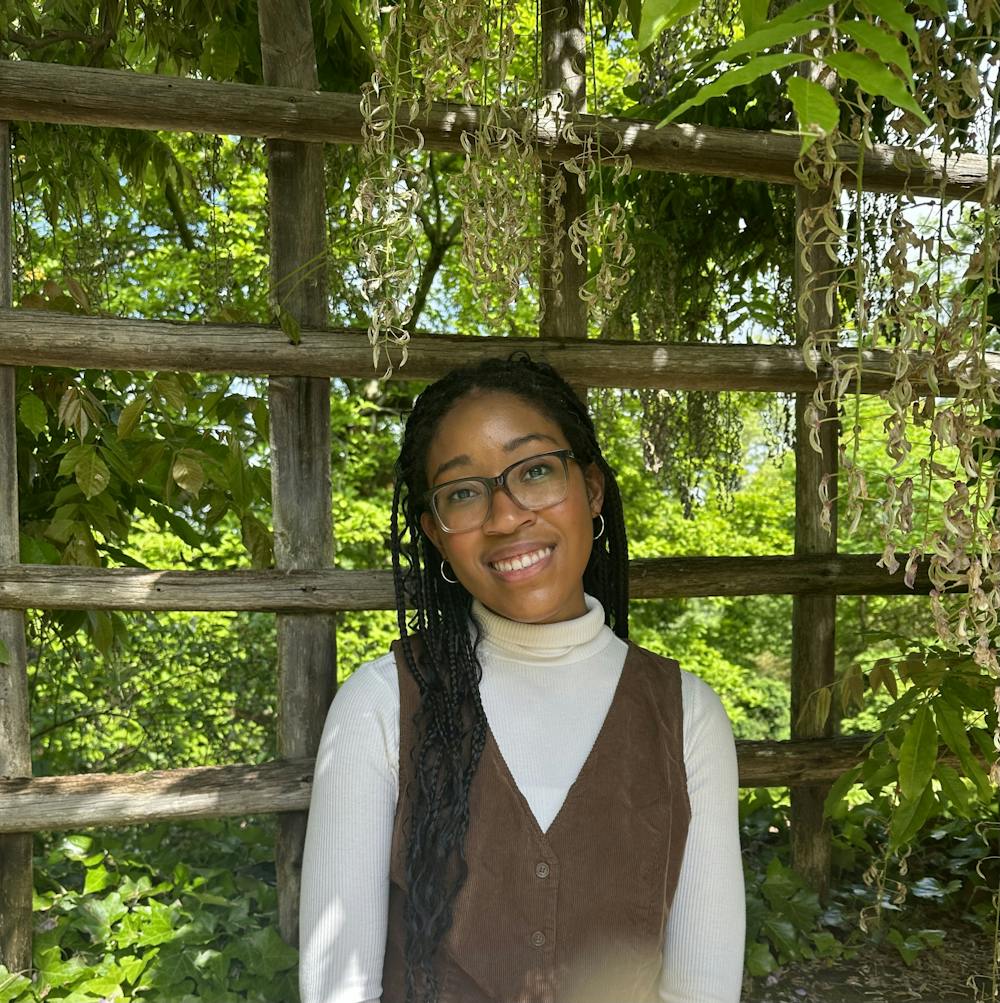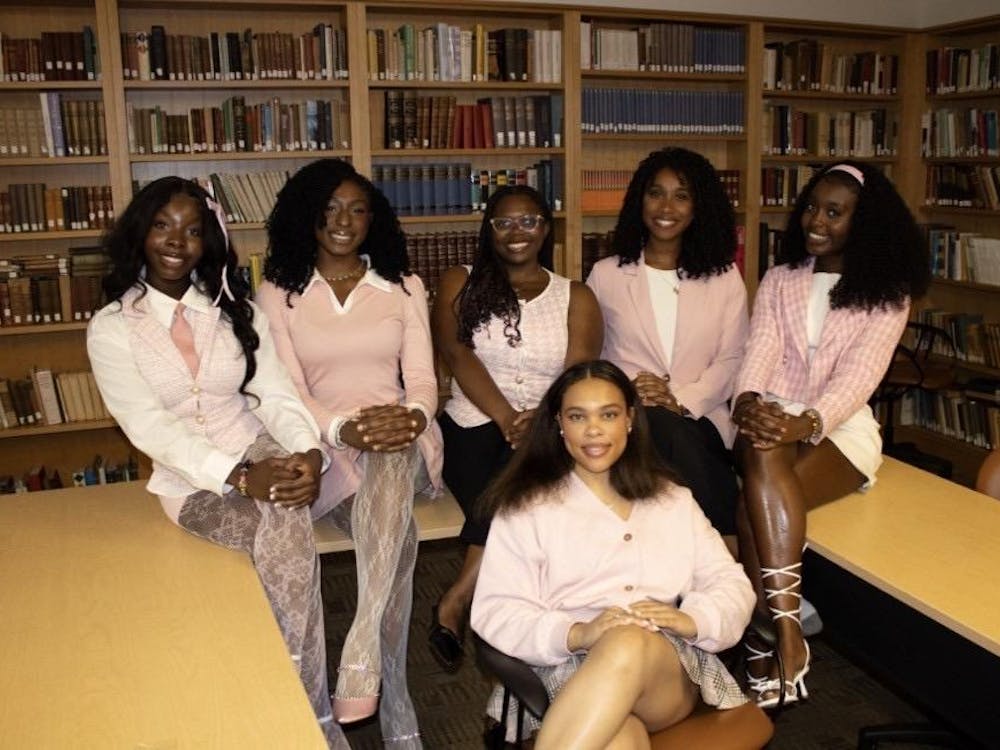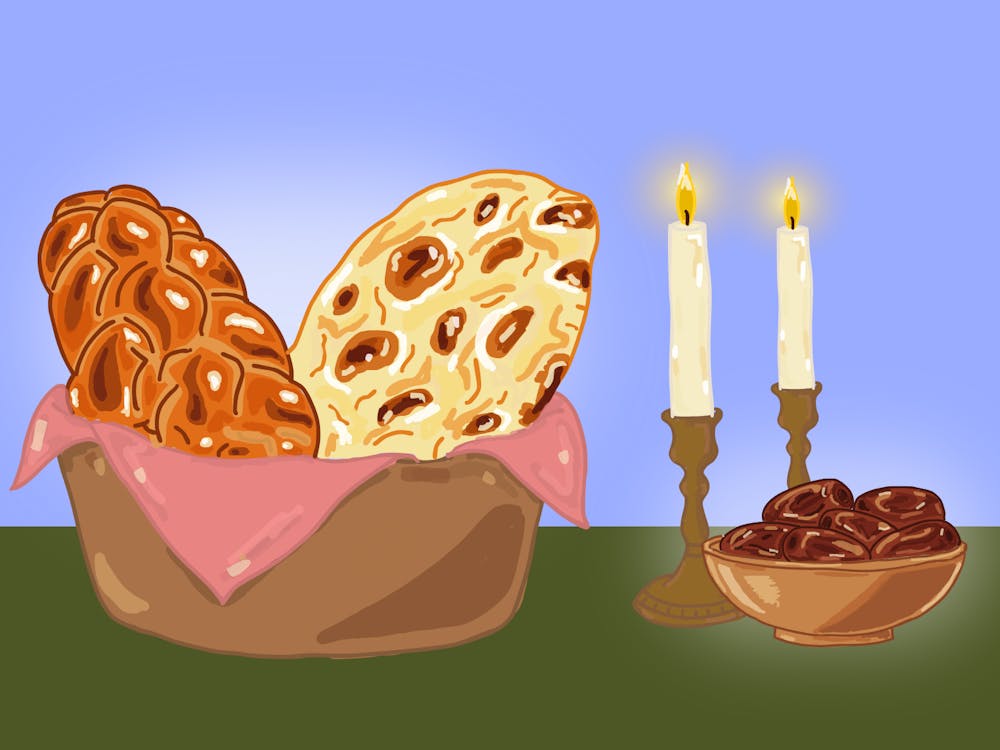About a year ago, I walked into a new salon for the first time. As anyone who’s gotten their hair done at a salon knows, it can be a tense experience. Choppy haircuts, sloppy dye jobs, uneven highlights — any and all of these outcomes are possible, even at your favorite salon. But this salon visit was particularly stressful because it wasn’t just any salon — it was an African hair braiding shop, and it was more than a hairstyle. It was an identity shift. In the end, I opted for knotless braids, and deciding to wear my hair in this natural, protective style meant choosing to celebrate a part of myself that I had wanted to change for so long — my hair.
African hair braiding shops specialize in complex braiding techniques for Afro-textured hair. Shops like these offer a critical service by providing Black women with stylish yet protective ways to wear their natural hair. But despite the growing popularity of African braiding shops and the obvious benefits of wearing my hair in the protective styles they offer, I still had never set foot in one of these braiding establishments. Why? Simply put, it was because I was afraid. My natural hair was something I had learned to be ashamed of, and choosing to walk into the braiding shop meant voluntarily confronting a longstanding insecurity of mine.
For context, I’ve spent my entire life attending PWIs — predominantly white institutions — not unlike the University. I’m lucky enough to have been raised in what some have described as a post-racial America. While I disagree with this notion, it’s true that the overt, blatant racism that my parents and grandparents had to contend with has decreased over the years, although it by no means has disappeared. Instead, what today’s students of color are left with is a more subtle, but deeply pervasive form of discrimination — microaggressions. In my experience, these microaggressions have centered around one specific aspect of my identity — my hair.
Afro-textured hair, more frequently referred to as “natural hair” within the Black community, comes in many diverse forms but is usually characterized by a tight, dense curl pattern, often described as “kinky.” Natural hair can be prone to dryness and breakage unless it is worn in protective styles that do not involve heat, frequent brushing or other methods of hair processing. It is the fact that these protective styles — such as locs, braids and Afros — differ from the norm that they are so often the subject of discussion, if not ridicule.
For a while, growing up, I chose to forego these protective styles in favor of hairstyles that would allow me to fit in. For years, I chemically straightened my hair, and even that was not enough to iron out my natural curls — my hair required near-daily straightening with a flat iron in addition to the chemical treatments. As you can imagine, this routine was not exactly healthy for my hair, and my tresses suffered as a result. But I thought it was better than the alternative. Straightening my hair insulated me from remarks about my natural hair, ranging from the more innocent, but still problematic “Can I touch your hair?” to the more directly insulting “Why is your hair like that?” Comments like these made me feel like my natural hair was abnormal, strange, something that needed to be fixed. And I believed it.
Perhaps the most compelling reason that kept me straightening my hair for so long was that I was afraid of the image natural hair might convey. The concept of “good hair” is still ingrained in Black culture, harkening back to antebellum America where a looser curl pattern afforded slaves better working conditions, and to segregation-era America, where straighter hair helped Black people obtain better jobs and opportunities to improve their economic and social status. In addition, Black hair was and continues to be considered unruly and unprofessional — there have been several high-profile cases in which schools and workplaces have banned students and employees from wearing traditional protective styles. Straightened hair can grant the wearer a proximity to whiteness — and all the privileges that follow.
When I entered the braiding shop for the first time, it was with all this in mind. I was tired of attempting to change an intrinsic part of myself to cultivate a certain image that was more palatable to others, not to mention the time and impracticality of wearing my straight. And while I was nervous about the final outcome, I am beyond glad that I took the jump. For one, it’s much healthier for my hair to wear a protective style such as the knotless braids that I opted for. For another, it’s much more practical. With temperatures in Charlottesville this week reaching the high 90s, coupled with equally high humidity, I would have had to straighten my hair every day to combat the effects of humidity and moisture on my locks.
I am most proud of my braids because they’ve allowed me to gain an appreciation for Black hair in all its forms. When walking past a group of girls with braids on Grounds, I feel a kinship with them, knowing the journey it took me to get braids of my own. I’m proud of other Black students who choose to flaunt protective styles like weaves, Afros and locs. I also appreciate the work that it takes to maintain beautiful, healthy hair when I see Black students with straightened styles.
In my opinion, natural hair is the aspect of Black identity that is one of the most inextricable from what it means to be Black — characteristics such as darker skin can be found in many races and ethnicities, but Afro-textured hair is nearly exclusive to those with African heritage. In this way, I see my braids not only as a practical style but also a celebration of my identity.







